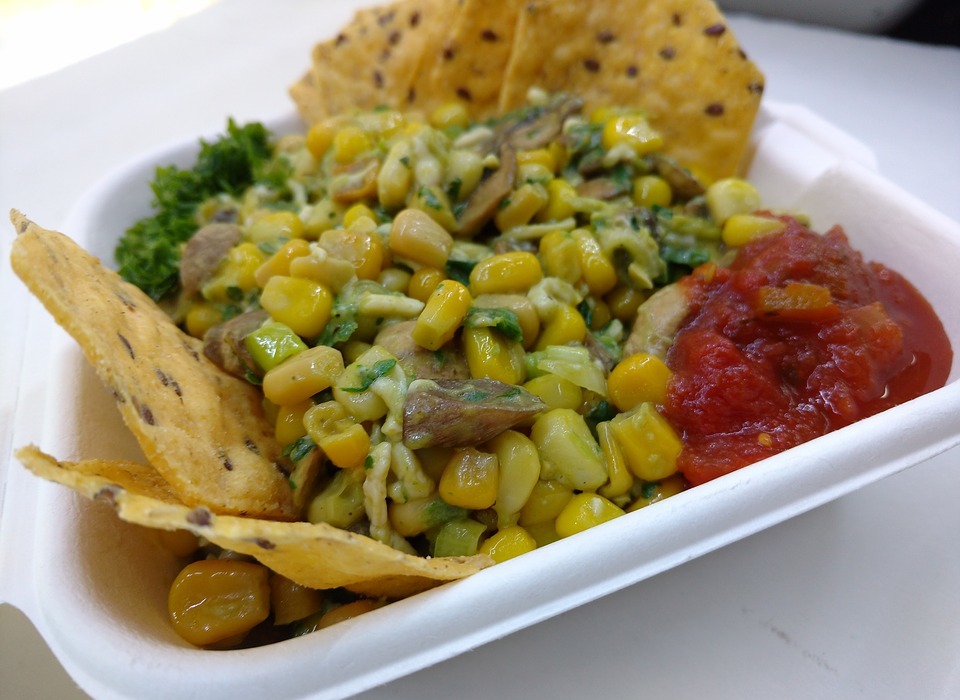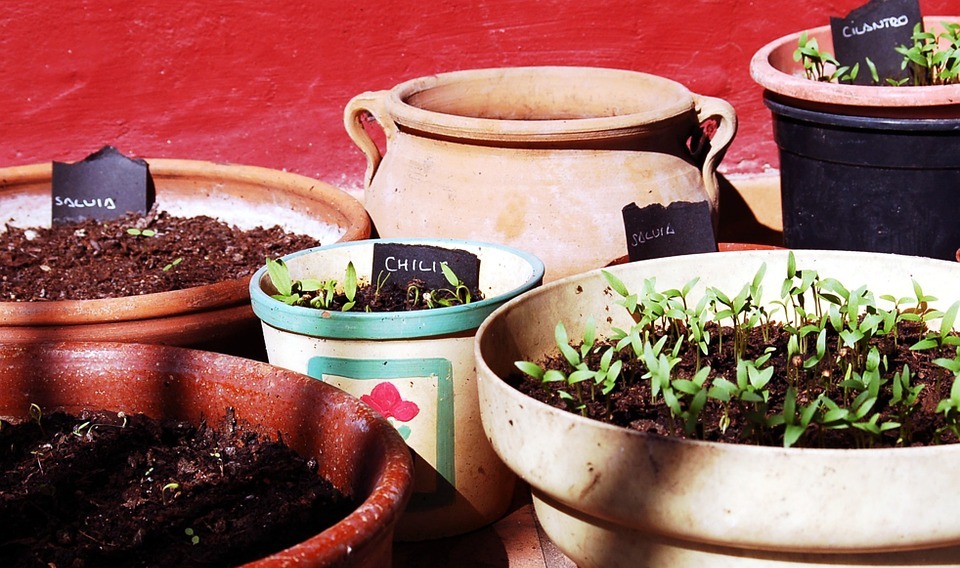This comprehensive guide will explore the safety of cilantro for rabbits, providing a detailed overview of its nutritional content, potential risks, and the best practices for incorporating fresh herbs into your bunny's diet. We'll address concerns related to digestive health, allergies, and potential toxicity, offering clear guidelines to ensure the well-being of your beloved bunny.
Part 1: Understanding Rabbit Dietary Needs

Before delving into cilantro, it's crucial to understand the fundamental dietary requirements of rabbits. These furry companions have evolved to thrive on a diet rich in fibre, with specific needs for vitamins, minerals, and essential nutrients.
1.1. The Importance of Fibre
Rabbits are herbivores with a digestive system adapted for processing high amounts of fibre. Their gut health relies heavily on the constant intake of fibrous materials like hay. This fibre helps regulate digestion, prevents gut stasis, and promotes the production of essential gut bacteria.
1.2. Essential Vitamins and Minerals
Rabbits require a balanced intake of vitamins and minerals to maintain optimal health. Vitamin A, Vitamin C, Vitamin K, calcium, potassium, and iron are particularly important for bone health, immune function, and overall well-being.
1.3. Safe and Healthy Treats
While hay should form the majority of a rabbit's diet, small amounts of fresh vegetables and occasional treats can add variety and provide essential nutrients. However, it's crucial to select treats that are safe for rabbits and offer them in moderation.
Part 2: Cilantro: Nutritional Content and Potential Benefits

Cilantro, also known as coriander, is a popular herb used in various cuisines worldwide. It boasts a unique flavour profile and is packed with essential nutrients, including vitamins, minerals, and antioxidants.
2.1. Vitamin and Mineral Content
Cilantro is a good source of vitamins A, C, and K, along with essential minerals like iron, potassium, and magnesium. These nutrients play vital roles in supporting vision, blood clotting, immune function, cell growth, and overall health.
2.2. Antioxidant Properties
Cilantro is rich in antioxidants, which protect cells from damage caused by free radicals. These compounds may contribute to a stronger immune system and play a role in preventing chronic diseases.
Part 3: The Debate: Is Cilantro Safe for Rabbits?
While cilantro offers numerous health benefits for humans, its safety for rabbits remains a topic of debate. There are several factors to consider before incorporating this herb into your bunny's diet.
3.1. Digestive Sensitivity
Rabbits have delicate digestive systems that are highly sensitive to changes in their diet. Cilantro, with its strong flavour and high fibre content, could potentially upset this delicate balance, leading to digestive discomfort, gas, bloating, and diarrhoea.
3.2. Potential Toxicity Concerns
Some sources suggest that cilantro may contain substances that could be toxic to rabbits in large quantities. However, the exact risks are not fully understood and require further research. It's crucial to exercise caution when introducing new foods to rabbits, particularly those with potentially harmful compounds.
3.3. Individual Sensitivities
Each rabbit is unique and may react differently to certain foods. Some rabbits might tolerate cilantro well, while others may experience digestive problems or allergic reactions.
Part 4: Exploring the Potential Risks of Cilantro for Rabbits
Given the potential risks, it's generally recommended to avoid feeding cilantro to rabbits. However, if you do decide to try it, follow these guidelines.
4.1. Digestive Issues: A Common Concern
Cilantro's strong flavour and high fibre content can lead to digestive issues in rabbits, including diarrhoea, gas, bloating, and loss of appetite. The digestive tract of a rabbit is specifically designed for a high-fibre, low-sugar diet. Introducing strong-flavoured herbs like cilantro can upset this delicate balance.
4.2. Potential Allergic Reactions
Some rabbits may be allergic to cilantro, experiencing symptoms such as skin irritation, sneezing, wheezing, vomiting, and diarrhoea. If you notice any of these symptoms after introducing cilantro, discontinue its use immediately and consult your veterinarian.
4.3. Liver Damage: A Potential Issue
There is some concern that certain compounds in cilantro could potentially damage the liver in rabbits, although further research is needed to confirm this. While the exact risks are unclear, it's prudent to avoid giving cilantro to rabbits, especially if they have pre-existing liver conditions.
Part 5: Guidelines for Introducing New Foods to Rabbits
When introducing new foods to your rabbit, it's crucial to do so gradually and with careful observation. This approach helps identify any potential sensitivities or adverse reactions.
5.1. The Gradual Introduction Method
Start by offering a tiny amount of the new food, like a few small pieces of cilantro. Monitor your rabbit closely for any signs of digestive upset, such as diarrhoea, gas, or bloating.
5.2. The Importance of Observation
Observe your rabbit for any other changes in behaviour or physical condition, including reduced appetite, lethargy, skin irritation, or respiratory distress. If you notice any concerning symptoms, stop feeding the new food and consult your veterinarian.
5.3. Prioritising Safety: A Holistic Approach
Remember that a healthy diet is crucial for a rabbit's well-being. Focus on providing a balanced diet rich in Timothy hay, fresh vegetables, and high-quality rabbit pellets. While some fresh herbs can be offered in moderation, always prioritize safe and healthy options.
Part 6: Alternatives to Cilantro: Safe Herbs for Rabbits
If you're looking for safe and healthy herbs to give your rabbit as treats, consider these alternatives:
6.1. Parsley: A Vitamin-Rich Option
Parsley is a good source of vitamins A, C, and K, and it's generally safe for rabbits in moderation. It can be offered as a small treat, chopped into their food, or used to flavour their water.
6.2. Basil: A Fragrant and Nutritious Choice
Basil is a fragrant herb that can add flavour to your rabbit's diet. It's also a good source of antioxidants, which can contribute to a stronger immune system. Offer basil in small quantities and monitor your rabbit for any adverse reactions.
6.3. Mint: A Refreshing and Digestive Aid
Mint can help freshen your rabbit's breath and aid digestion. However, offer it in moderation as it can be strong for some rabbits. Choose fresh, organic mint and wash it thoroughly before giving it to your bunny.
6.4. Dill: A Delicate and Calming Herb
Dill is a delicate herb that can be a tasty treat for rabbits. It's also known for its calming properties, which can be helpful for rabbits experiencing anxiety or stress. Offer dill in moderation and observe your rabbit for any adverse reactions.
Part 7: The Crucial Role of a Balanced Diet for Rabbits
A balanced diet is crucial for the health and well-being of your rabbit. Here are the essential components:
7.1. Timothy Hay: The Cornerstone of a Healthy Diet
Timothy hay should form the bulk of your rabbit's diet, providing essential fibre for digestive health. It's low in calories and high in fibre, helping to prevent gut stasis and promoting healthy teeth wear.
7.2. Fresh Vegetables: A Source of Essential Nutrients
Offer a variety of fresh vegetables daily, ensuring they are washed thoroughly. Vegetables provide essential vitamins, minerals, and moisture, contributing to a balanced diet.
7.3. Rabbit Pellets: Supplementation for Complete Nutrition
High-quality rabbit pellets provide essential nutrients, but should be offered in moderation. Look for pellets formulated specifically for rabbits, with high fibre content and low sugar.
7.4. Treats: Occasional Indulgence
Offer small, healthy treats occasionally, such as parsley, basil, or a small piece of apple. Treats should be given in moderation and should never replace their regular diet.
Part 8: Seeking Professional Advice: Consulting Your Veterinarian
If you have any concerns about your rabbit's health or diet, consult a qualified veterinarian. They can provide tailored advice based on your rabbit's individual needs and medical history. Your veterinarian can also help you identify any potential allergies or sensitivities and offer guidance on safe and appropriate foods for your bunny.
Part 9: FAQs: Addressing Common Questions About Cilantro and Rabbits
9.1. Can I give my rabbit cilantro if it's cooked?
Cooking cilantro can alter its chemical composition, potentially making it even less safe for rabbits. It's best to err on the side of caution and avoid feeding it to them, regardless of how it's prepared.
9.2. What if my rabbit eats some cilantro accidentally?
If your rabbit accidentally eats a small amount of cilantro, they are likely to be fine. However, monitor them closely for any signs of digestive upset or allergies. If you notice any problems, consult your veterinarian immediately.
9.3. Can I give my rabbit cilantro leaves, stems, or seeds?
All parts of the cilantro plant are potentially risky for rabbits, including leaves, stems, and seeds. It's best to avoid offering any part of this herb to your furry friend.
9.4. Is cilantro a good source of Vitamin C for rabbits?
While cilantro contains some Vitamin C, it's not a significant source for rabbits. A balanced diet consisting of fresh vegetables, hay, and rabbit pellets will provide all the necessary nutrients.
9.5. What are the signs of a cilantro allergy in rabbits?
Signs of a cilantro allergy in rabbits can include skin irritation, sneezing, wheezing, vomiting, and diarrhoea. If you notice any of these symptoms after feeding cilantro to your rabbit, consult your veterinarian immediately.
9.6. Can I give cilantro to my rabbit if it's just a tiny amount?
While small amounts of cilantro might seem harmless, it's best to avoid it entirely due to the potential risks to your rabbit's health. A balanced diet of hay, fresh vegetables, and rabbit pellets will provide all the necessary nutrients without introducing potential risks.
9.7. Are there any benefits to feeding cilantro to rabbits?
While cilantro offers some nutritional benefits for humans, the potential risks for rabbits outweigh the possible benefits. There are safer and more suitable herbs and treats available for your bunny.
9.8. Should I avoid all herbs for my rabbit?
While cilantro is generally not recommended for rabbits, there are several safe and healthy herbs you can offer as treats in moderation. Parsley, basil, mint, and dill are good options, but always introduce new foods gradually and monitor your rabbit for any adverse reactions.
Everyone is watching
-

Do Rabbits Lay Eggs? (The Surprising Truth)
OTHER TYPES OF PETSThis article will unravel the common misconception that rabbits lay eggs, exploring the fascinating world of r...
-

What's a Group of Rabbits Called? (A Comprehensive Guide)
OTHER TYPES OF PETSThis article delves into the fascinating world of rabbits, exploring the various terms used to describe a grou...
-

Can Rabbits Eat Grapes? A Guide to Safe Rabbit Treats
OTHER TYPES OF PETSThis comprehensive guide will explore the safety and suitability of grapes for rabbits, providing detailed inf...
-

Predators That Hunt Rabbits: A Guide to Natural Enemies
OTHER TYPES OF PETSI've always been fascinated by the circle of life, that delicate dance between predator and prey. Growing up ...
-

Are Rabbits Nocturnal Animals?
OTHER TYPES OF PETSThe question of whether rabbits are nocturnal animals is a fascinating one, with a surprisingly complex answer...
